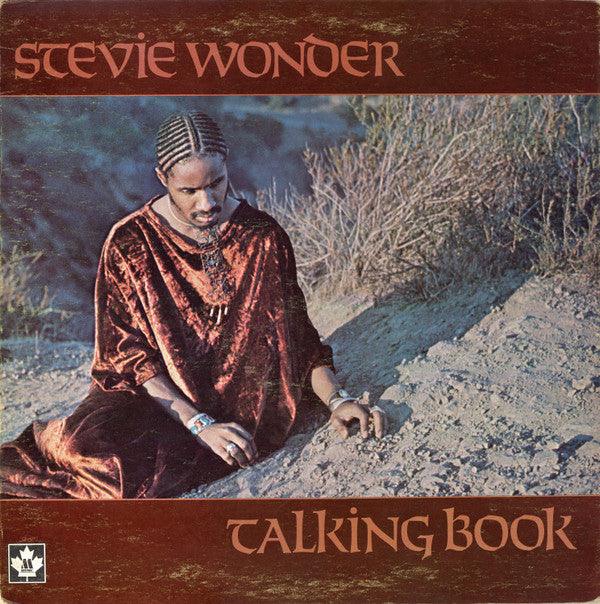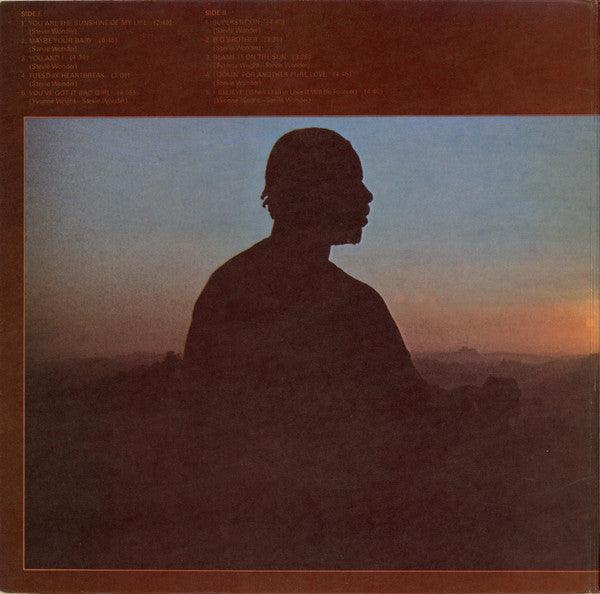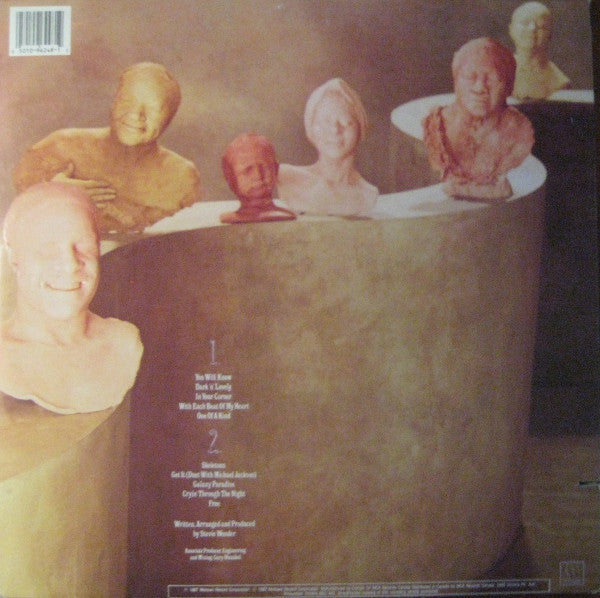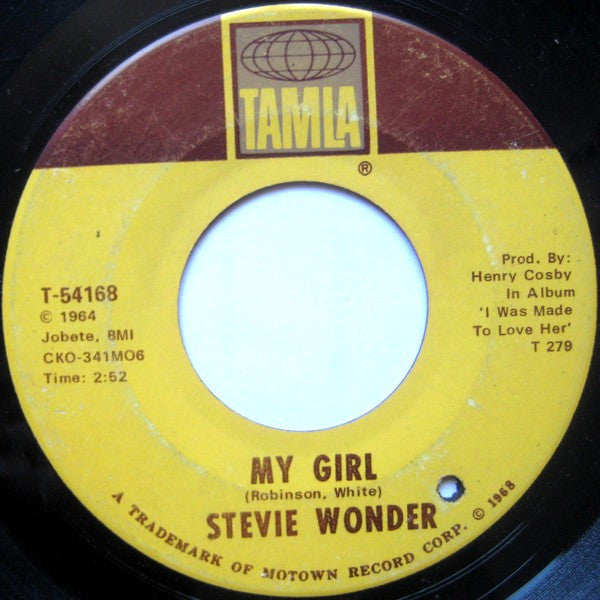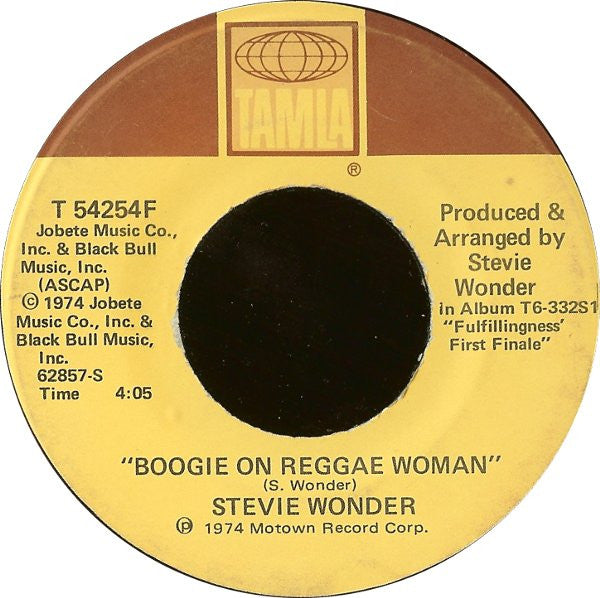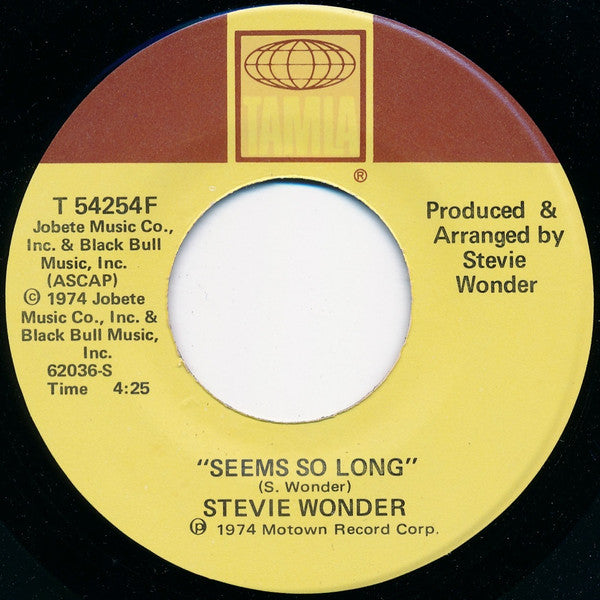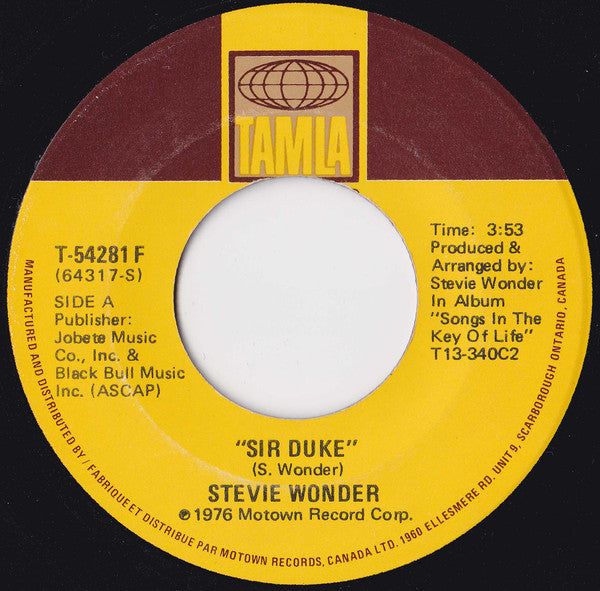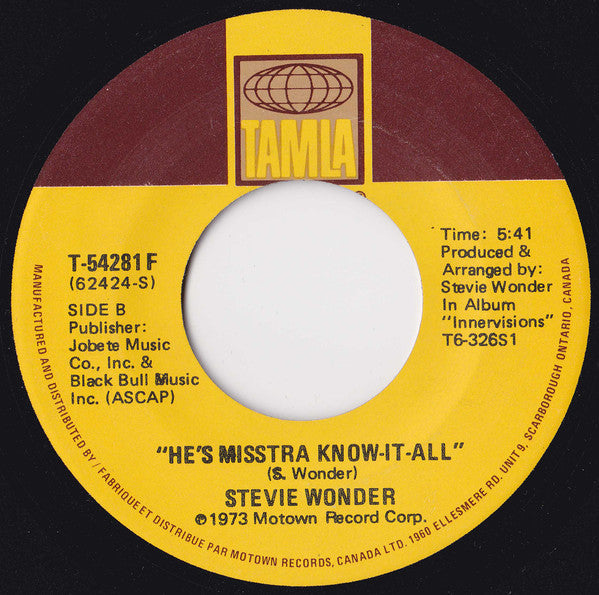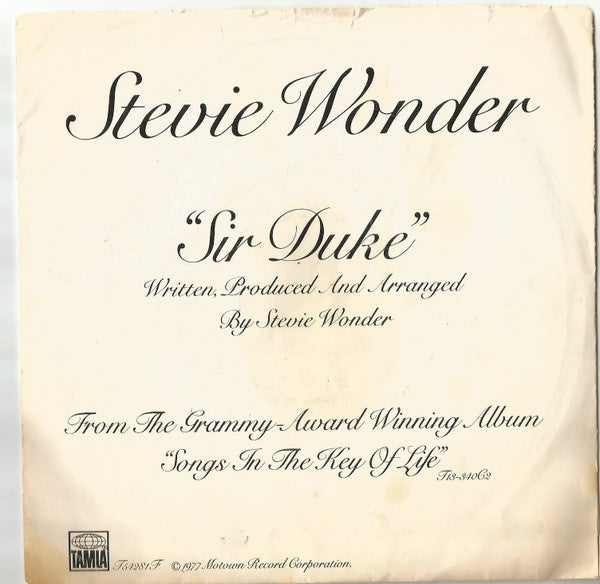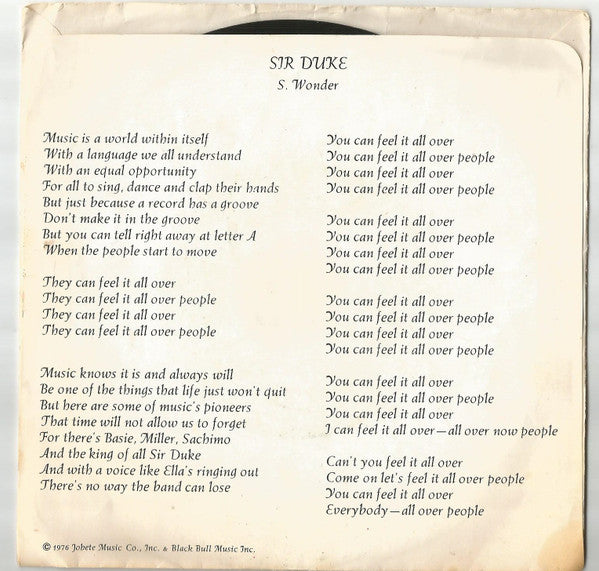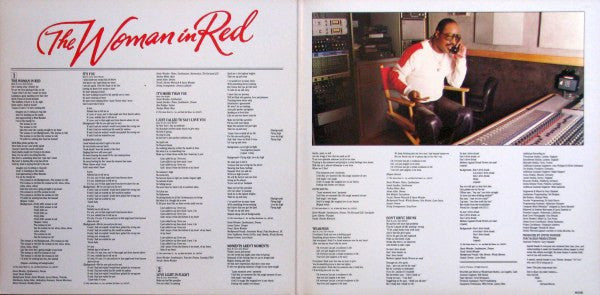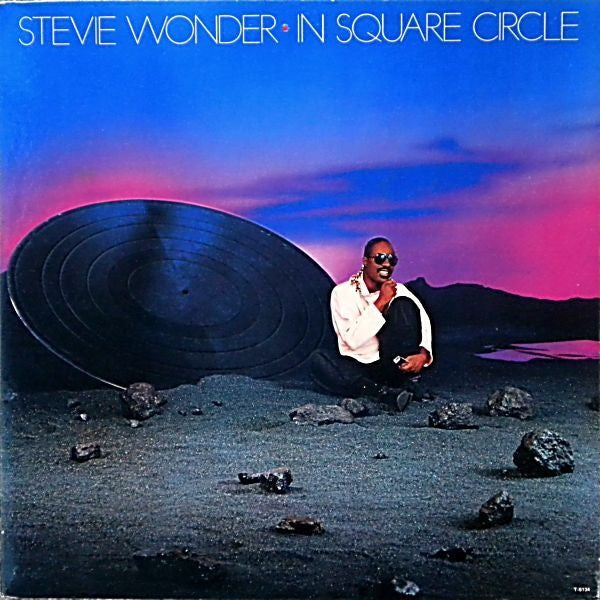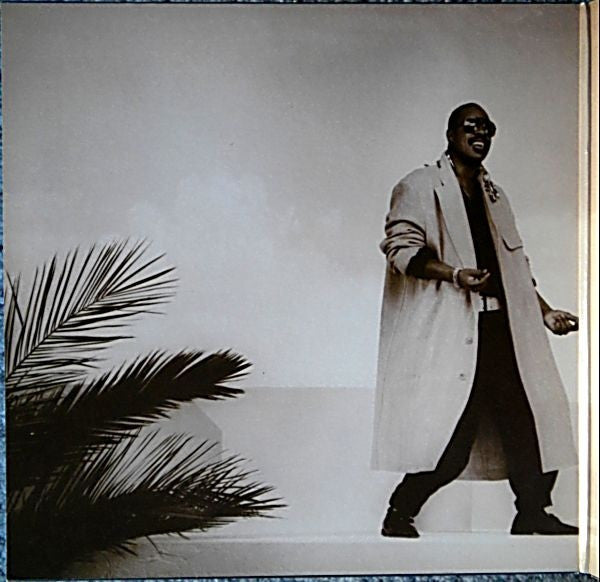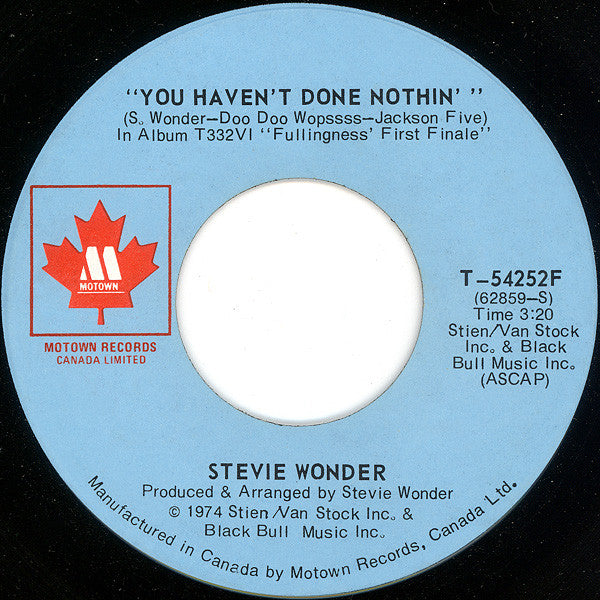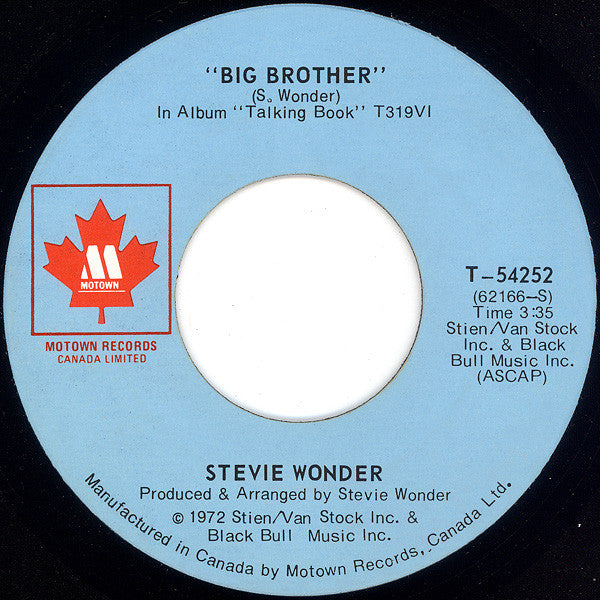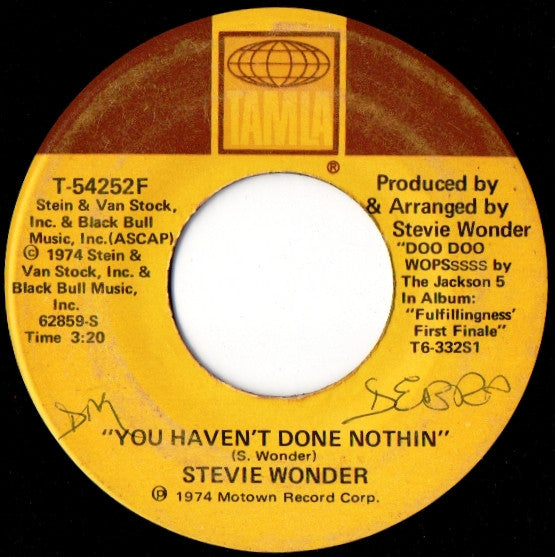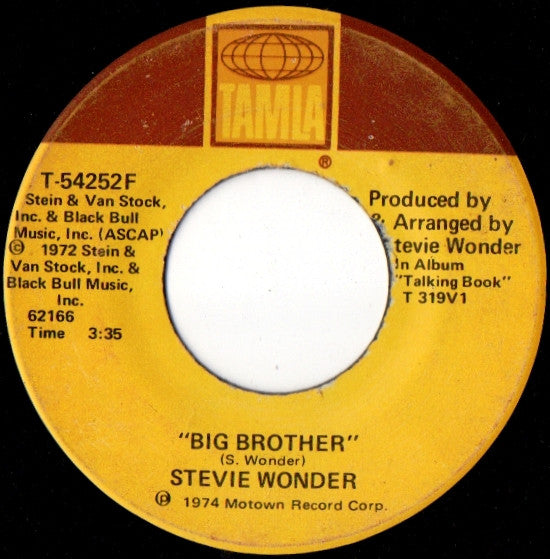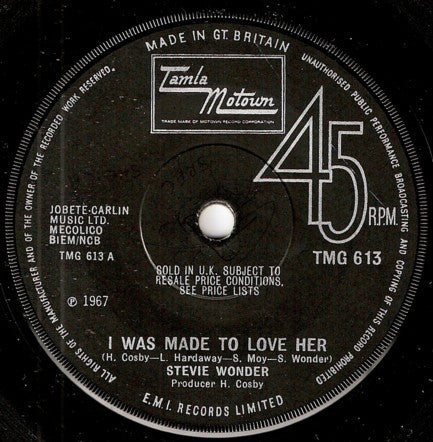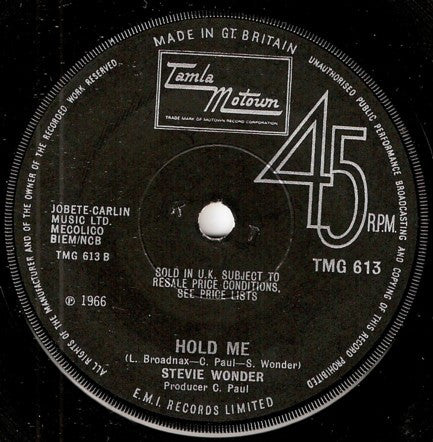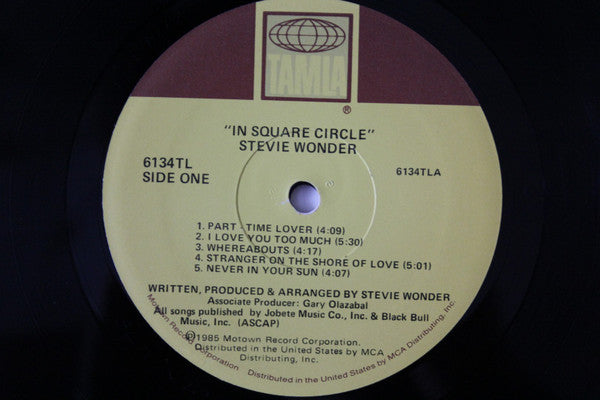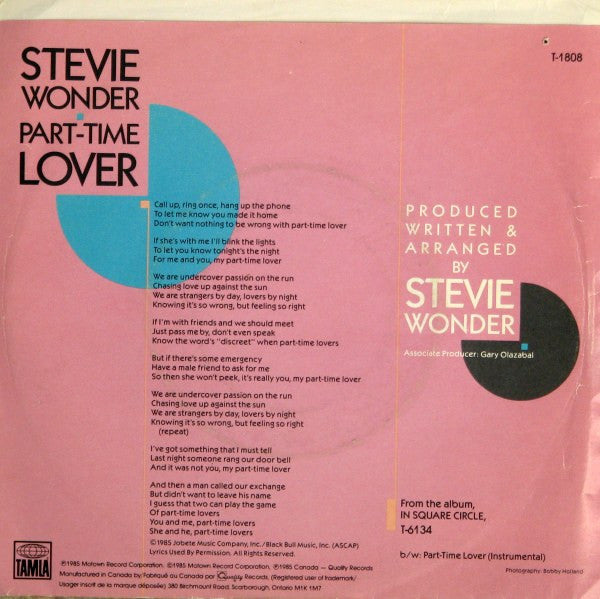Stevie Wonder, born Stevland Hardaway Judkins on May 13, 1950, in Saginaw, Michigan, is an American singer, songwriter, musician, and record producer. Blind since shortly after birth, Wonder is known for his incredible talent, innovative musical style, and profound impact on the world of music.
Wonder signed with Motown's Tamla label at the age of 11 and released his first album, "The Jazz Soul of Little Stevie", in 1962. Throughout the 1960s, he achieved modest success with a series of albums and singles, but it was his groundbreaking work in the 1970s that solidified his status as a musical genius.
Wonder's albums from the 1970s, including "Talking Book" (1972), "Innervisions" (1973), and "Songs in the Key of Life" (1976), showcased his exceptional songwriting, vocal ability, and mastery of multiple instruments.
Wonder's music from this era addressed social and political issues while also exploring themes of love, spirituality, and personal growth. Songs like "Superstition," "Living for the City," and "Isn't She Lovely" became anthems of the era and earned Wonder critical acclaim and commercial success.
Throughout his career, Wonder has won numerous awards, including 25 Grammy Awards, making him one of the most awarded artists in history. He has also been inducted into the Rock and Roll Hall of Fame and received the Presidential Medal of Freedom for his contributions to music and society.
Beyond his music, Wonder is also known for his activism and humanitarian efforts. He has been involved in various social and political causes, advocating for civil rights, disability rights, and environmental protection.
Stevie Wonder's impact on music and culture is profound and enduring. His timeless songs continue to inspire and uplift people around the world, and his influence can be heard in the work of countless artists across genres.






